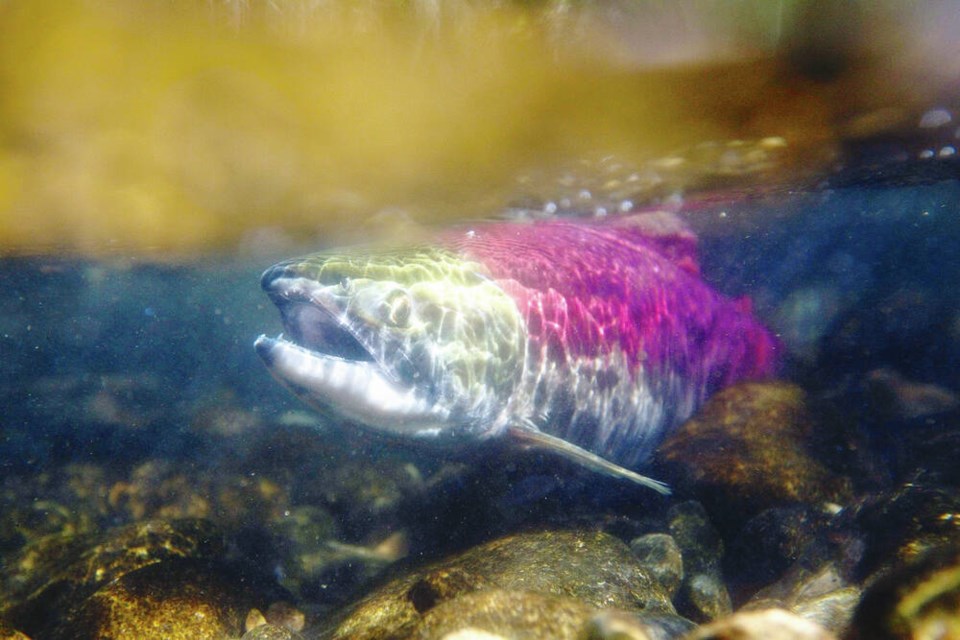The union representing British Columbia fishermen says a plan by the federal government to buy back commercial salmon fishing licences is underfunded, lacks transparency and doesn’t address the investments made by harvesters.
Fisheries and Oceans sa╣·╝╩┤½├Į has earmarked $123 million for the voluntary retirement program, plus two future initiatives that will dispose of derelict vessels and allow Indigenous communal licence holders to switch to another species.
The United Fishermen & Allied Workers’ Union says in a statement issued Thursday that the program lacks criteria to determine which licences will be purchased, meaning that both active and inactive licences could be bought.
It says inactive licence holders could bring down the price for an active licence during the upcoming reverse bidding process that will see harvesters competing to sell their livelihoods at the lowest price.
The funding for all three programs is part of a nearly $650-million Pacific Salmon Strategy Initiative announced last year aimed at trying to help the salmon fishery recover from the effects of climate change, habitat loss and other threats.
The union says the money allocated for the programs will not come close to compensating the commercial salmon fleet for their significant financial investments into licences, vessels and gear. Instead, the government is offering a gear and vessel disposal program.
While the government promotes the initiative as a way to protect dwindling salmon numbers, the union says its members are “being taken advantage of at our weakest moment.”



